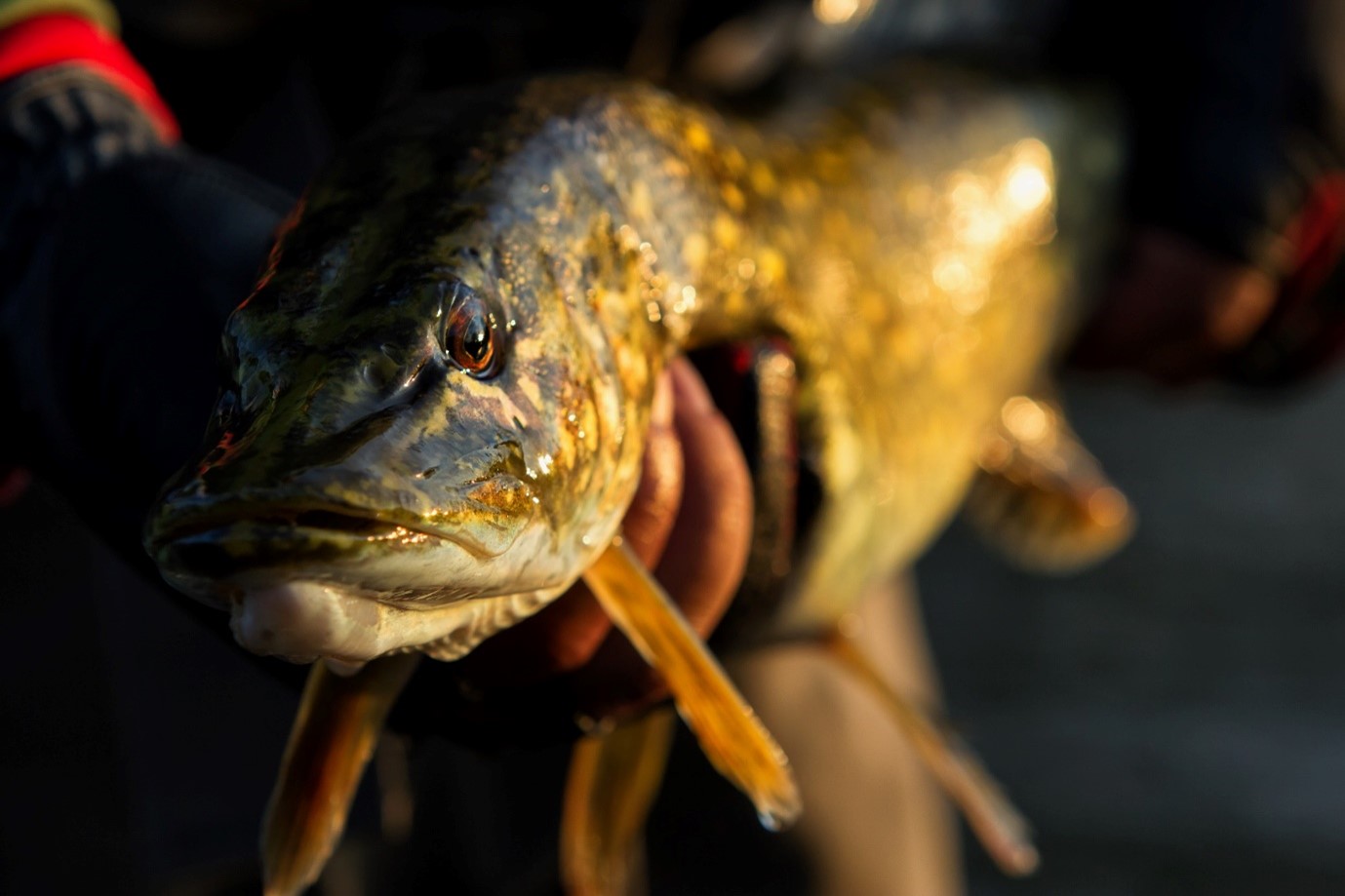David Hebeda is an outdoorsman and avid fisherman who enjoys sharing his knowledge with fellow anglers. In the following article, Dave Hebeda explains why muskie fish are some of the hardest, most fascinating fish to catch.
According to experts like Dave, Muskie fish are hard to catch because they are generally quick to learn that lures are dangerous to their health they tend to follow the lure rather than nip at it.
In this article, David Hebeda discusses the background of the sport of muskie fishing and some interesting facts on the species. He also shares some animal slide presentations, showcasing wildlife that shares the muskies' habitat and underscores the importance of preserving these ecosystems. Additionally, a look at some of the best places to fish for muskie and tricks to overturn the reputation that these fish are too tricky to bag.
Muskellunge fish are counted among the top predators in freshwater areas of North America.
Dave Hebeda says that in 1977, the Chain of Minocqua Lakes, located in Wisconsin, a contest was held to catch record-sized muskies. This area was rumored to be the best location in the United States to find this fish.
Muskellunge fish can range in length but average 37 inches. Regardless of how the sport has evolved over the years, one thing has not changed; muskies are one of the most difficult fish to catch.
Dave Hebeda says that there is plenty to know about the sport of muskie fishing that many people may not be familiar with. Below are a few interesting details on muskies.
Here are some main reasons why muskies are such a difficult catch:
The first reason, and potentially the most interesting, behind how difficult it is to land a muskie fish is because the fish seem to learn what lures are, and how they work.
In a study performed by the Illinois Department of Natural Resources, it was found that muskies were never caught more than once in a period of 35 days. The most fish that were caught during that time were only landed during the first day, while the others were scattered throughout the rest of the duration.
Dave Hebeda of New York explains that this seems to prove that whether they are noticing the sounds or vibrations made by fishers, or simply recognizing the lures themselves, muskies learn quickly not to trust the sight of a baited hook.
 Muskies Are Ambush Predators
Muskies Are Ambush PredatorsBecause muskies are ambush predators, they generally find a place in a freshwater location to hide, such as under logs or other obstacles. This is not only sometimes a challenging place to land a lure, but it speaks to the unique personality of a musky fish.
Dave Hebeda of New York says that these fish don't prefer to explore outside of their ambush setup. They tend to find a secluded place to be alone and wait for food. These fish are in no hurry to go out looking for a meal. Therefore, a lure generally must be right on top of a fish that has never seen one as a source of danger before in order for it to latch on and be caught.
Muskies are one of the most elusive and challenging fish to catch, requiring skill, patience, and a bit of luck. With their unpredictable behavior and mysterious nature, even the most experienced anglers can struggle to reel in a muskie. However, the challenge of catching one is precisely what makes the pursuit so rewarding for many fishermen. Whether you're a seasoned angler or just a beginner, the thrill of the chase and the possibility of landing a trophy muskie is enough to keep anyone coming back for more.